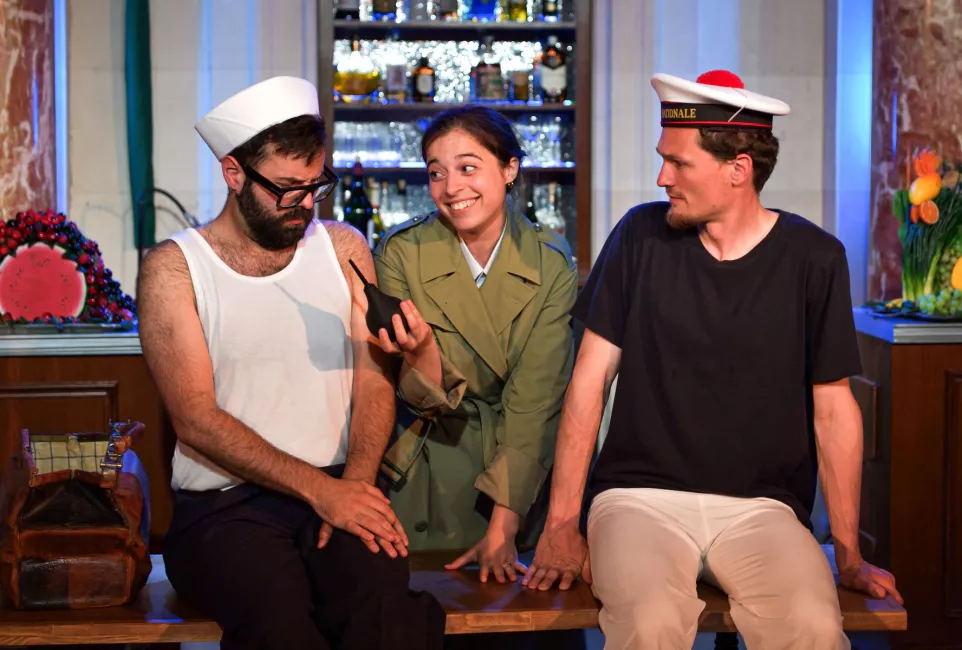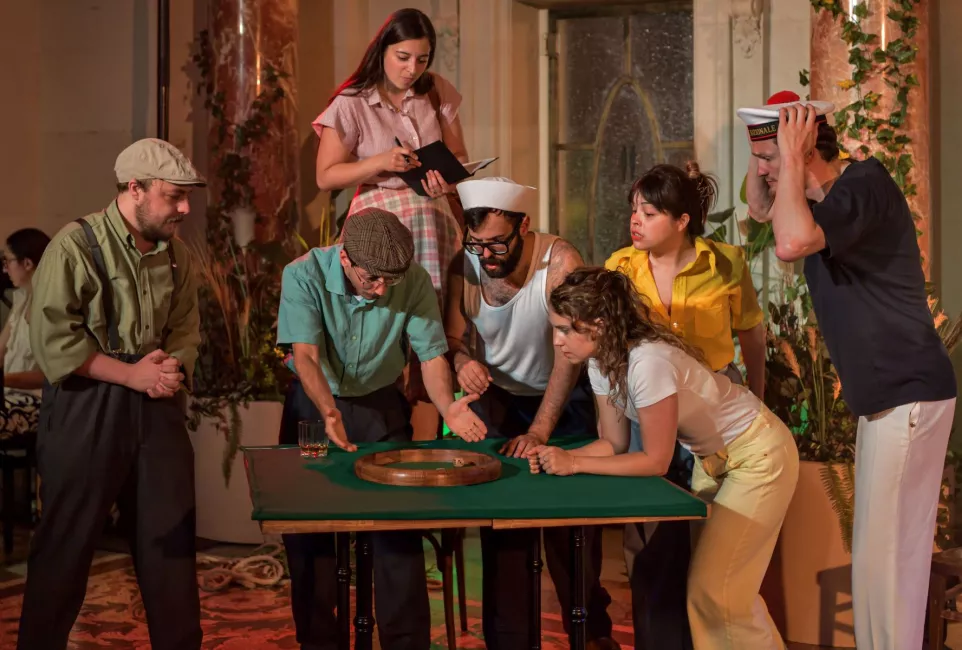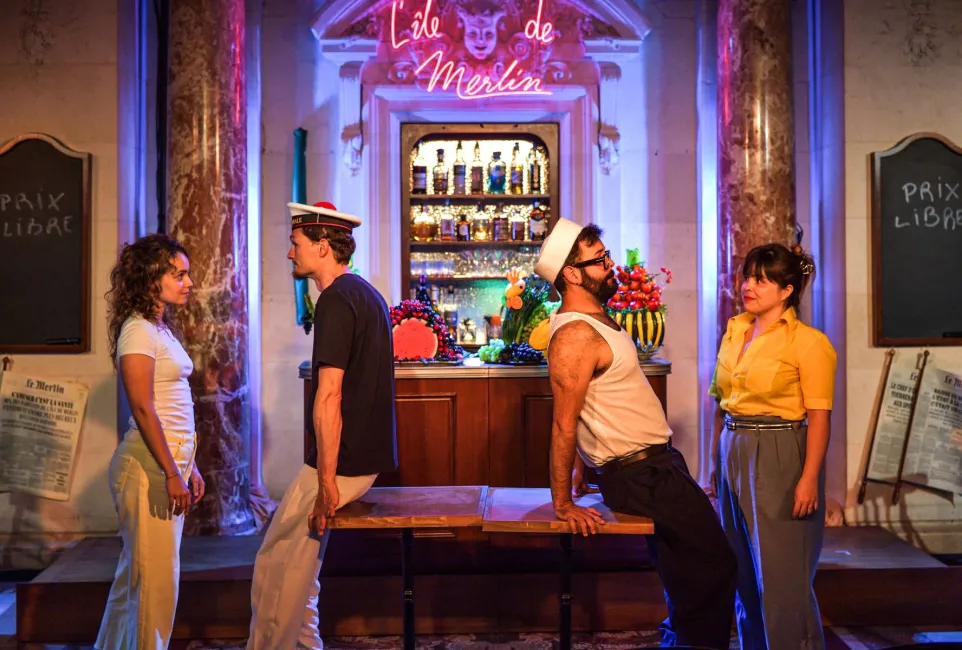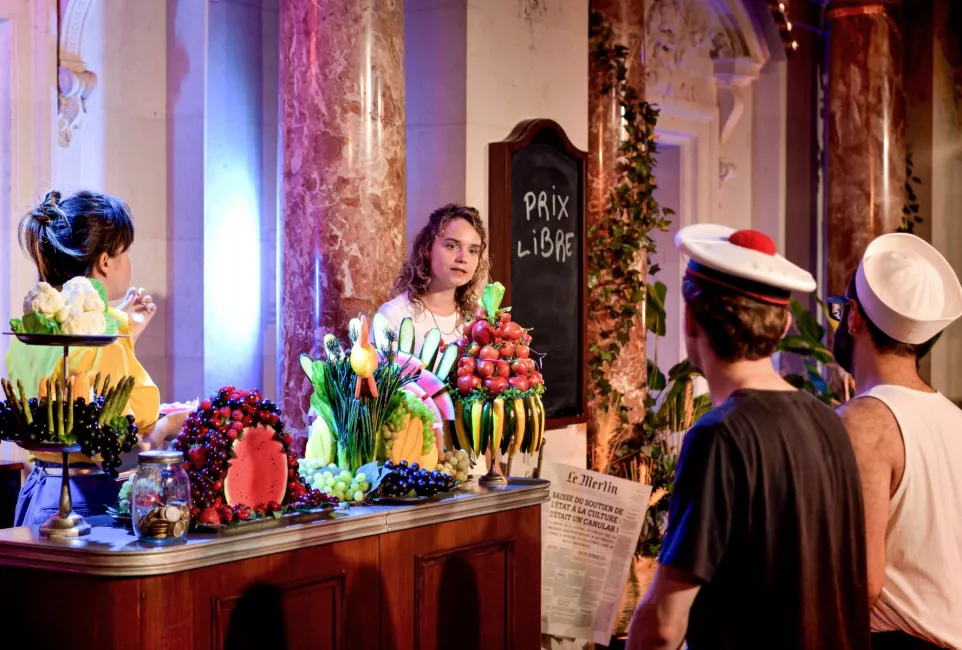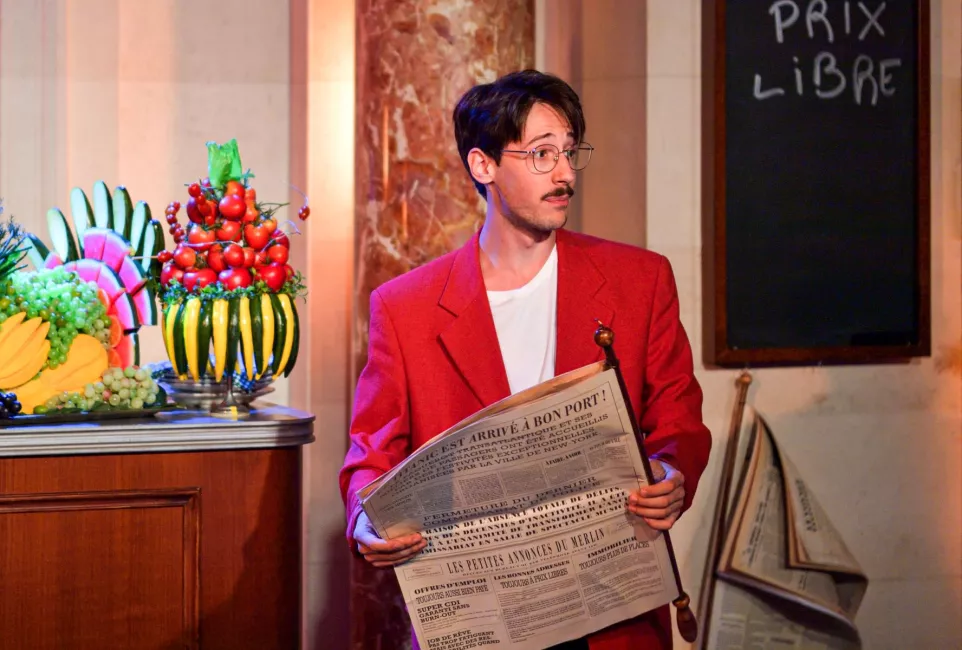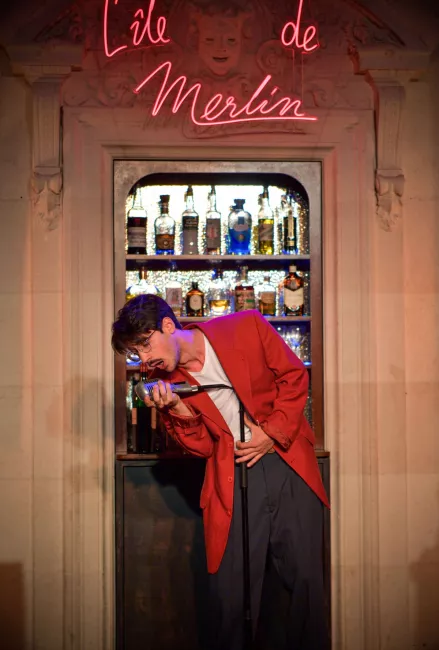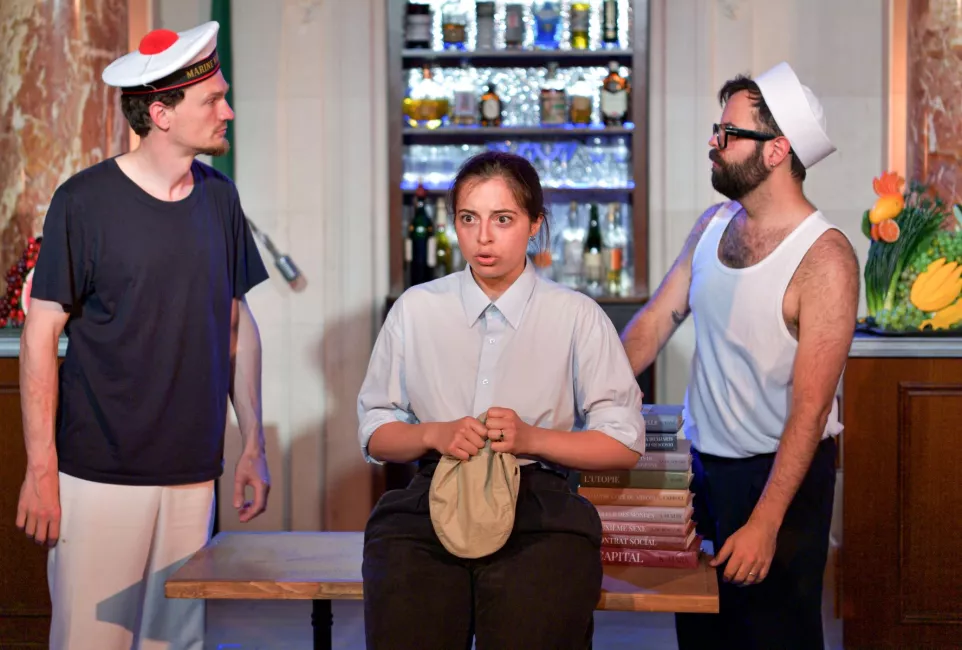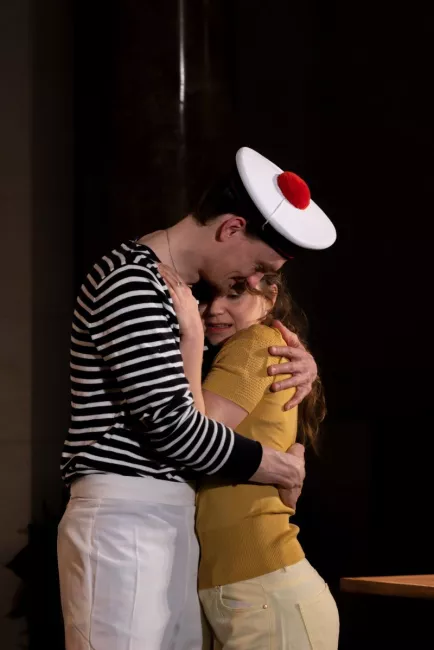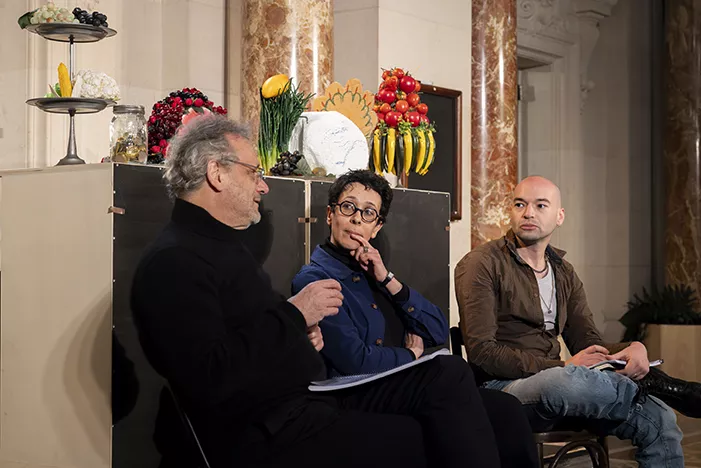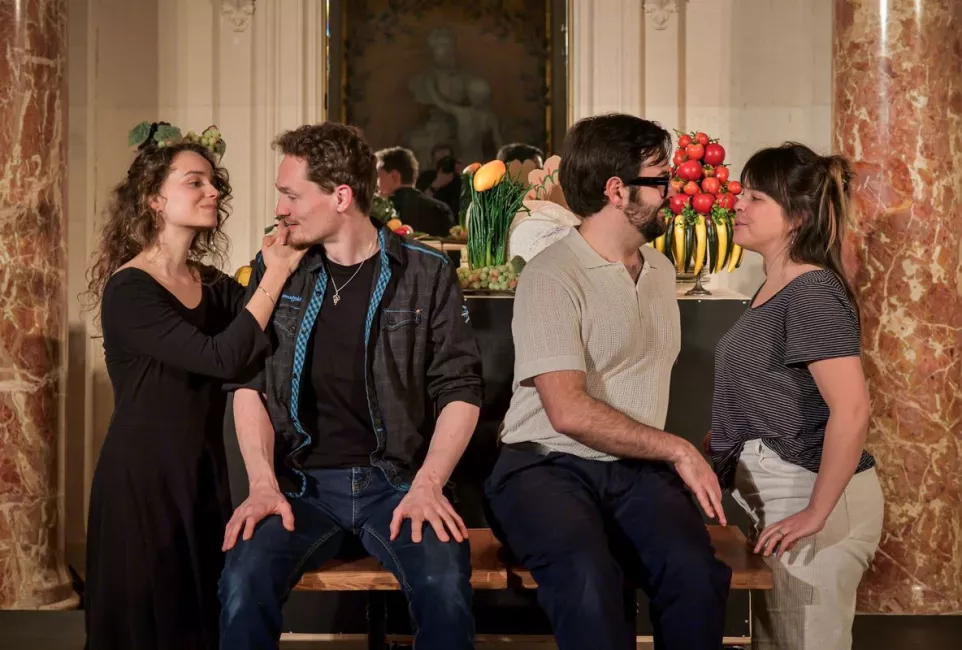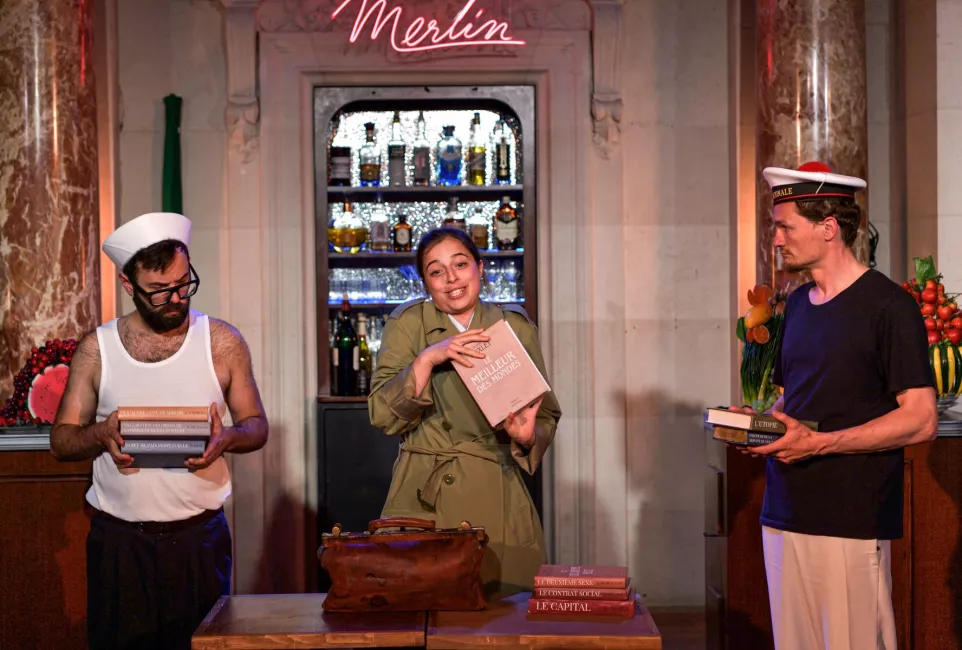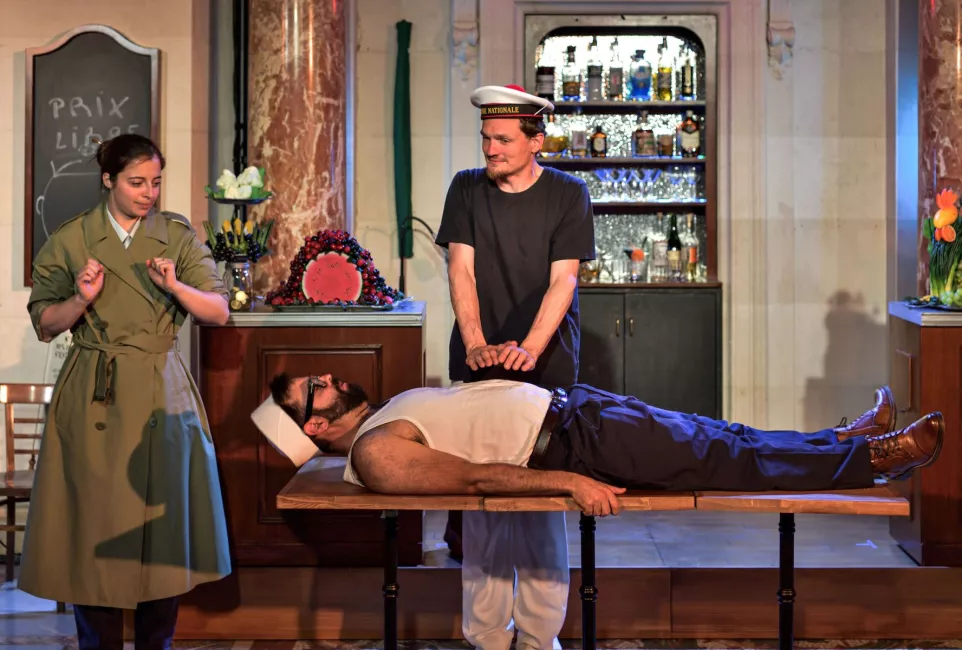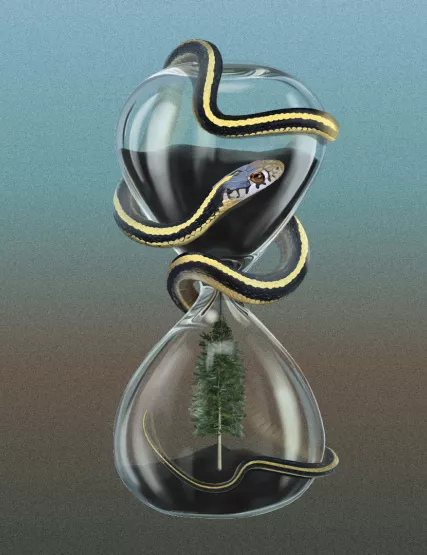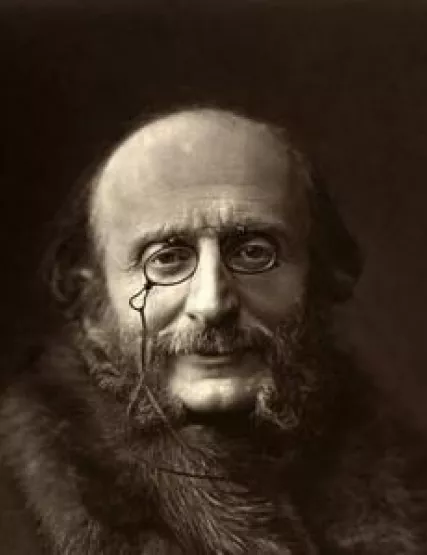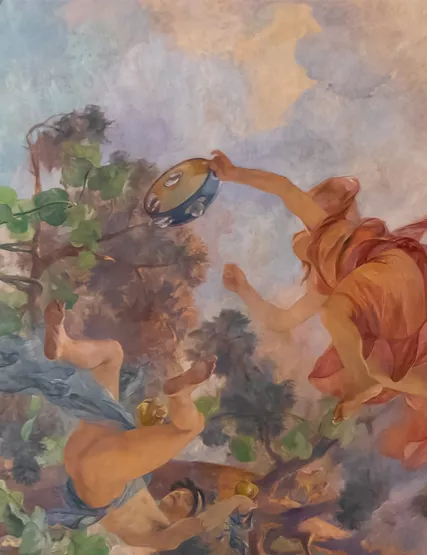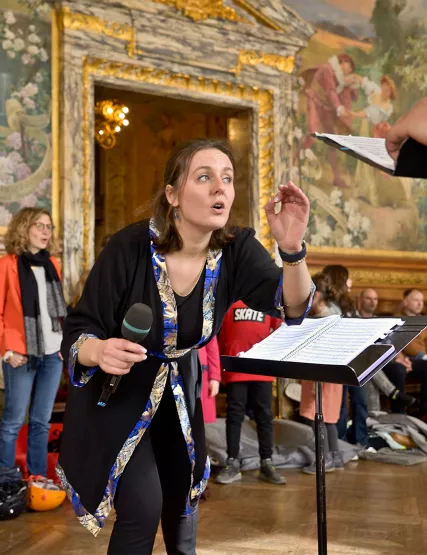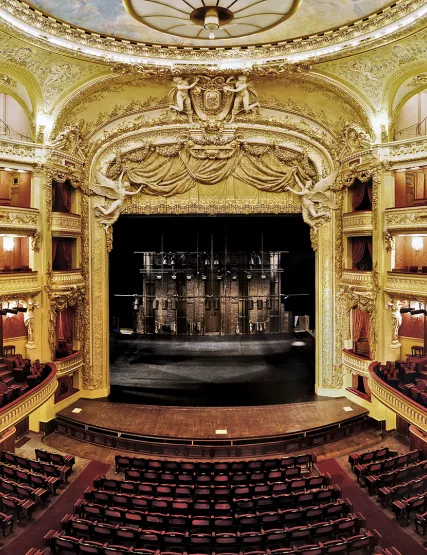A magical and philosophical tale, L'Île de Merlin ou Le Monde renversé is a comic opera in one act composed by Christoph Willibald Gluck and premiered in Vienna in 1758. The libretto, in French, is a version revised in 1753 by Louis Anseaume of the comedy mixed with vaudeville Le Monde renversé, written by Lesage and d'Orneval in 1718.
After studying in Prague, a stay in Italy and several trips around Europe, the German composer Christoph Willibald Gluck (1714-1787) settled in Vienna in 1752. His opera Le Cinesi, performed before the imperial court, was a great success and was revived at the Burgtheater, the main theatre in the Austrian capital. Its director, Giacomo Durazzo, appointed Gluck the institution's official composer and entrusted him with adapting French comic operas sent by the librettist Charles-Simon Favart. Between 1758 and 1764, Gluck arranged around ten comic operas, composing either ariettas to be inserted into the original work or complete new scores.
The libretto of L'Île de Merlin, based on satire and the inversion of values, inspired Gluck to write a score for a comic opera that could illustrate both the facetiousness of comedy and the seriousness of tragic situations. The two heroes of the comedy, Pierrot and Scapin, actors by trade, have been shipwrecked on the island of the enchanter Merlin, an upside-down world where the rules of social life are turned upside down, where spouses are always faithful and justice is always fair. A character from a medieval legend (Merlin), others from the world of commedia dell'arte (Pierrot and Scapin), and the inhabitants of a fictitious island with professions rooted in reality (doctor, notary, public prosecutor) all come together.
L'Île de Merlin opens with storm music, an introduction that Gluck used again for the overture to the tragedy Iphigénie en Tauride, premiered in 1779. Other excerpts from the score can be found in the ballet Don Juan (1761) and the opera Orfeo ed Eurydice (1762).
Myriam Marzouki's staging is all about gambling in all its forms: rivalry in love and seduction, casino atmosphere and dice games... The Salle Bizet takes on the air of a 1930s café for the duration of this delightfully imaginative show. In a nod to Tex Avery's wacky cartoons, absurdity and humour meet political criticism and social satire. Sébastien Lepotvin's modernisation of the dialogue for this 2025 production and the musical updating by Guillemette Daboval and Sammy El Ghadab (Academy artists) respect the rhythm and spirit of the original work, which combines lightness of tone with philosophical depth.
Salle Bizet | Durée : 1h15
Abstract
After a storm, Pierrot and Scapin are shipwrecked in the kingdom of Merlin, their former master. The enchanter had promised them that one day they would make their fortune in a new land. Their despair is short-lived, however, when a well-stocked table magically appears. Their despair was short-lived, however, when a well-stocked table magically appeared, and they felt ready for love when they saw Argentina and Diamantine. But the laws of the upside-down world have many surprises in store for them. Several of the island's inhabitants (an enthusiastic philosopher, a candid prosecutor, a woman doctor and a poet knight) come to meet them and explain the customs and rules of the place. Pierrot and Scapin go on to confront their rivals Zerbin and Hanif - without violence, since they have been banished - in the hope of marrying the two young women.
Cast















The Académie de l’Opéra-Comique
A major player in operatic creation for more than three centuries, in 2023 the Opéra-Comique is opening an Académie aimed at new generations of performers.
Its aim is to promote the comic opera genre and its specific art of interpretation, as close as possible to the text and the stage. It aims to be a centre of artistic excellence for French singing and the art of the spoken and sung word. The Académie also aims to bring out and support young French-speaking artists, encouraging them to develop new ways of looking at opera and its vitality.


